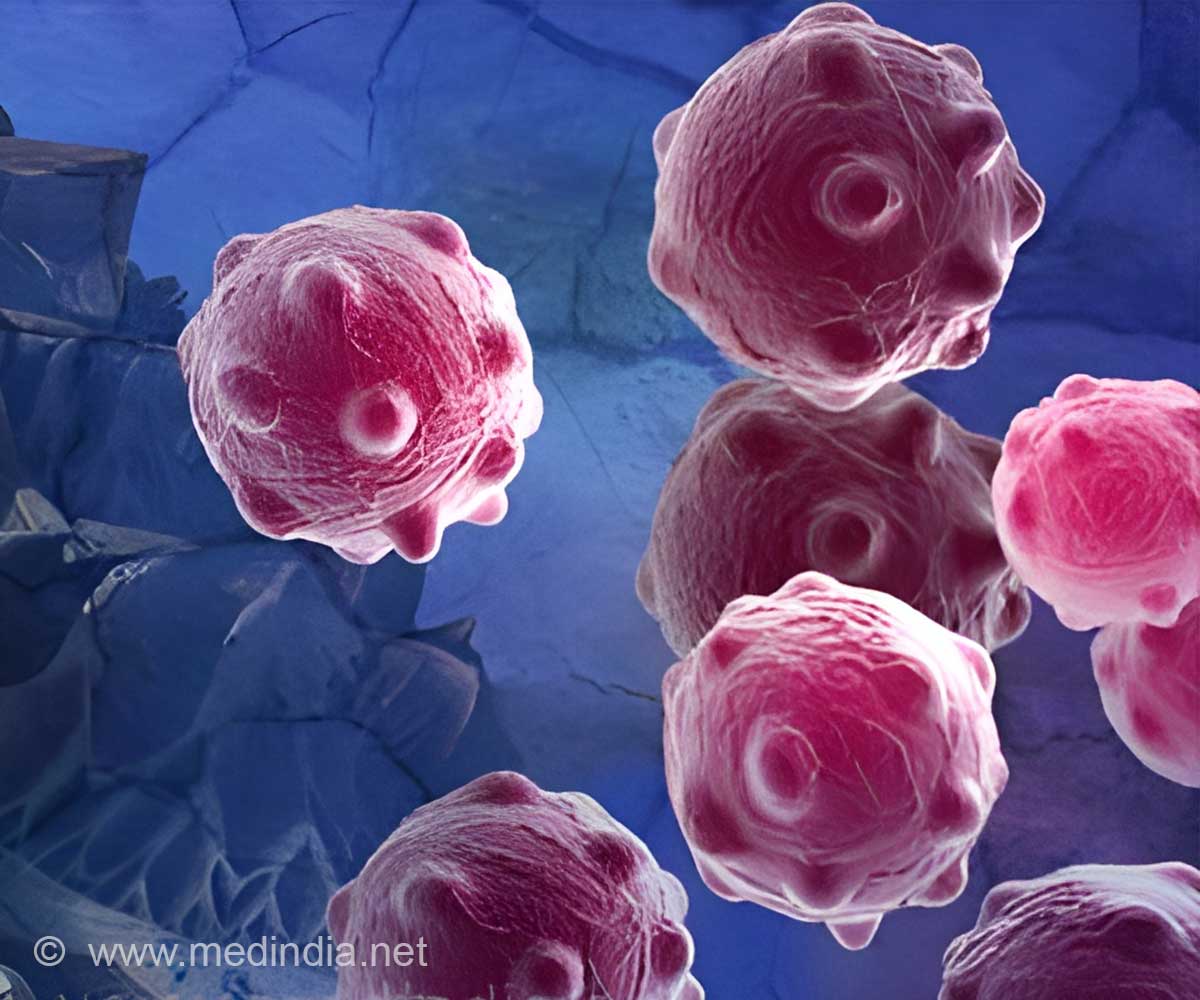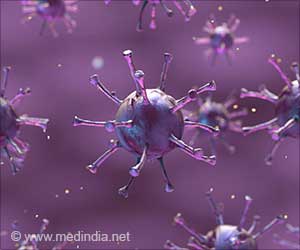SARS-CoV-2 virus infects the immature red blood cells to reduce the oxygen levels in the blood followed by an impaired immune response in COVID-19 patients.

‘Ability of the SARS-CoV-2 virus to infect the immature red blood cells due to the ACE2 and TMPRSS2 receptors expressed by the cells results in the reduced oxygen levels in the blood followed by an impaired immune response in COVID-19 patients. This provides a better understanding of why the commonly used drug dexamethasone, benefits most of the COVID-19 patients.’





The study team examined the blood of 128 patients with COVID-19 among those who were critically ill and admitted to the ICU, those who had moderate symptoms and were admitted to the hospital, and those who had a mild version of the disease and only spent a few hours in the hospital. Low Oxygen in COVID-19
It was found that, more immature red blood cells flooded into blood circulation, as the disease became more severe thereby sometimes making up as much as 60% of the total cells in the blood (generally less than 1% in healthy blood). And only matured red blood cells transport oxygen to the body.
"Immature red blood cells reside in the bone marrow and we do not normally see them in blood circulation. This indicates that the virus is impacting the source of these cells. As a result, and to compensate for the depletion of healthy immature red blood cells, the body is producing significantly more of them in order to provide enough oxygen for the body," says study lead Shokrollah Elahi, associate professor in the Faculty of Medicine & Dentistry.
The team for the first time in the world demonstrated that these immature red blood cells are highly susceptible to COVID-19 infection as they expressed the receptor ACE2 and a co-receptor, TMPRSS2, which allowed SARS-CoV-2 to infect and destroy them, thereby diminishing the ability to transport oxygen in the bloodstream.
Advertisement
Mechanism of Dexamethasone in COVID-19
There were two potential mechanisms put forth by the team. First, dexamethasone suppresses the response of the ACE2 and TMPRSS2 receptors to SARS-CoV-2 in immature red blood cells, thereby reducing the opportunities for infection. Second, dexamethasone increases the rate at which the immature red blood cells mature, helping the cells shed their nuclei faster. Without the nuclei, the virus has nowhere to replicate.
Although the drug dexamethasone has been widely used in COVID-19 treatment for the past year, the study now provides a solid proof in understanding the working mechanism behind it and the way it benefits the patients.
Source-Medindia















